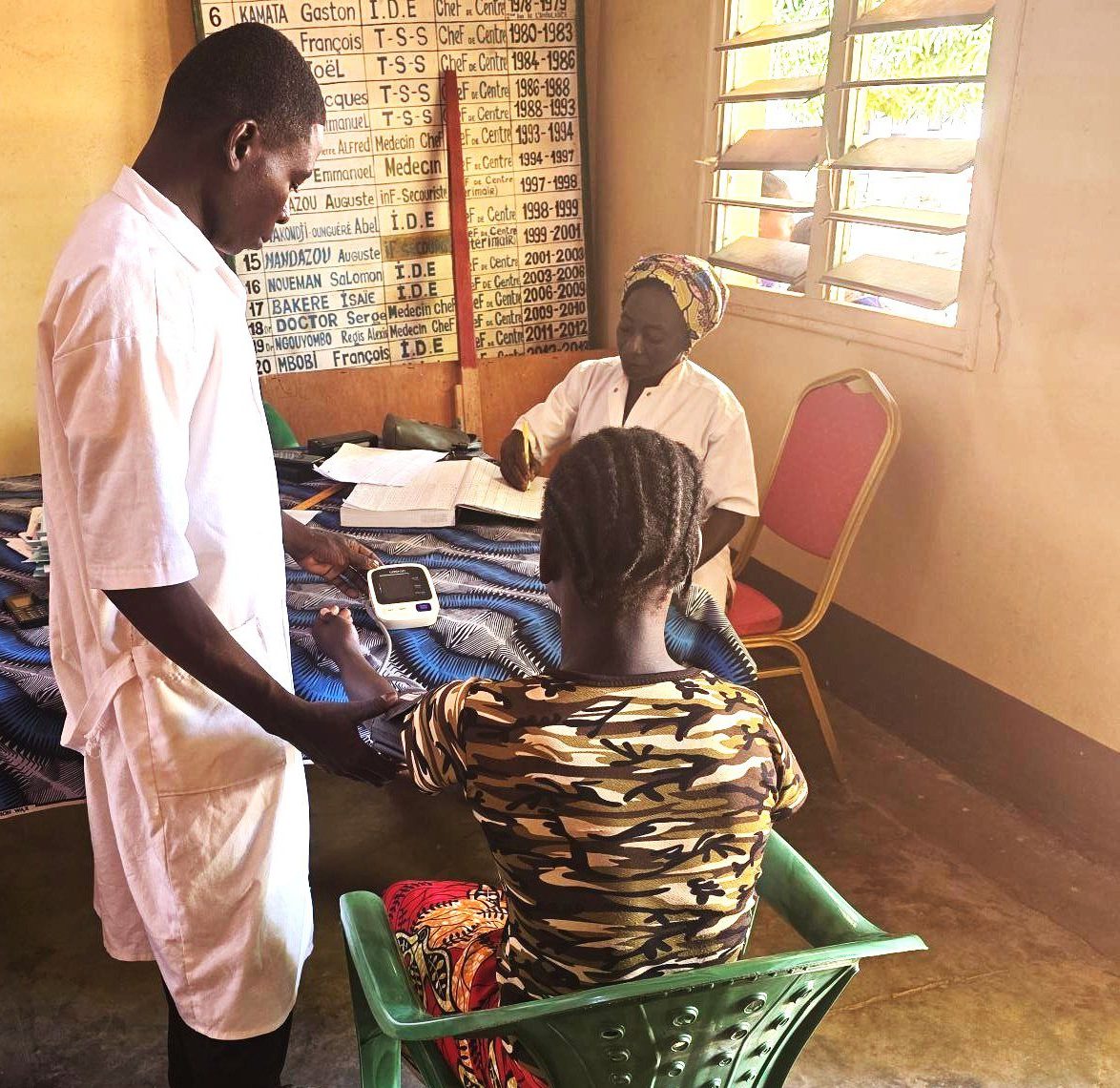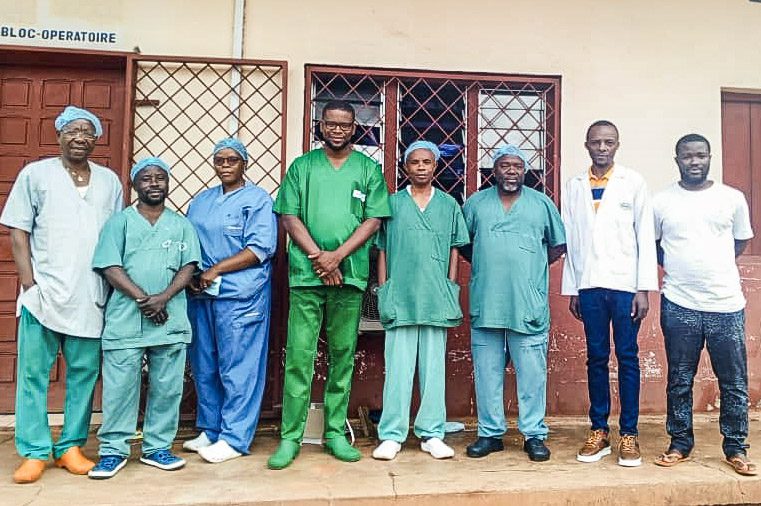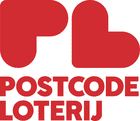April 1, 2025
Providing medical care to survivors of sexual and gender-based violence in Dékoa (CAR)
In 2021, the Mukwege Foundation opened its first country office in Bangui, the capital city of the Central African Republic (CAR). Initially, we worked to ensure access to holistic care in and around Bangui, but survivors and professionals alike emphasised the great need for care outside the capital city, in the préfectures.
Today, we are working to ensure access to medical care in Dékoa, in the Kémo prefecture. This region has been affected by political and ethnic tensions, and has suffered insecurity and socioeconomic instability for many years.
A brighter future: ensuring women and girls can live without fistula or prolapse

In August 2024, as part of a larger consortium project called Nengo, which means “dignity” in Sango, we conducted a mobile clinic and surgical campaign in Dékoa with a surgical team from Panzi Hospital and trained Central African medical staff.
Following community sensitisation efforts and work to refurbish Dékoa’s hospital, the team consulted with 223 patients and conducted gynaecological repair surgery for 73 women with fistula* and prolapse.
Fistula can be “traumatic”, for example, in the case of sexual violence, or “obstetric”, in the case of prolonged obstructed labour in childbirth. Rates of obstetric fistula tend to be high in places where women don’t have timely access to emergency obstetric care, which is often the case in conflict-affected communities.
Fistula repair is complex and requires specific expertise, but globally there is a lack of the specialised medical skills needed for this type of surgery, and this shortage is acute in the Central African Republic.
Together with experts from Panzi, mobile surgical campaigns allow us to reach women and girls who would otherwise continue to suffer in silence.
*Obstetric fistula is a tear between the vagina and either the bladder or rectum. It can be caused by intense pressure during prolonged childbirth, or because of sexual violence and rape. Its consequences include incontinence – urine, gas or a foul smelling discharge leak out of the vagina – infections, pelvic inflammation and pain, ulcerations and abscesses, and pain during sex. The impacts of these symptoms can be severe – from stigmatisation of women because of the smell or shame around incontinence to difficulties standing and walking or doing physical work. Women with untreated fistula are among the most vulnerable in the world.
Medical care: a crucial step towards reparative justice for survivors of conflict-related sexual violence

In March 2025, we screened 350 survivors of sexual violence for gynaecological and urogenital concerns and provided them with the medical care they required.
The majority of survivors suffered from infections and other complications related to sexual violence.
This medical care is part of a project aiming to provide interim reparations to specific communities in the Central African Republic, affected by conflict-related sexual violence. Reparations seek to address the harms caused by atrocities such as sexual violence in conflict and go beyond financial compensation to address survivors’ needs holistically.
What’s next
Throughout 2025, together with the Global Survivors Fund and our national partners – Women Act Living Together and Comité Inter-Africain sur les Pratiques Traditionnelles ayant effet sur la Santé des Femmes et des Enfants – we will ensure that these survivors in Dékoa have access to the other forms of holistic care and reparation such as financial compensation.
We also aim to step up our efforts to improve and expand access to quality, compassionate holistic care to other communities affected by conflict in the Central African Republic.
Thank you
We thank our partners, the French Development Agency and the Pierre Fabre Foundation, for their support of the Nengo project, and to the Global Survivors Fund for their support and collaboration for the interim reparative measures project.
















